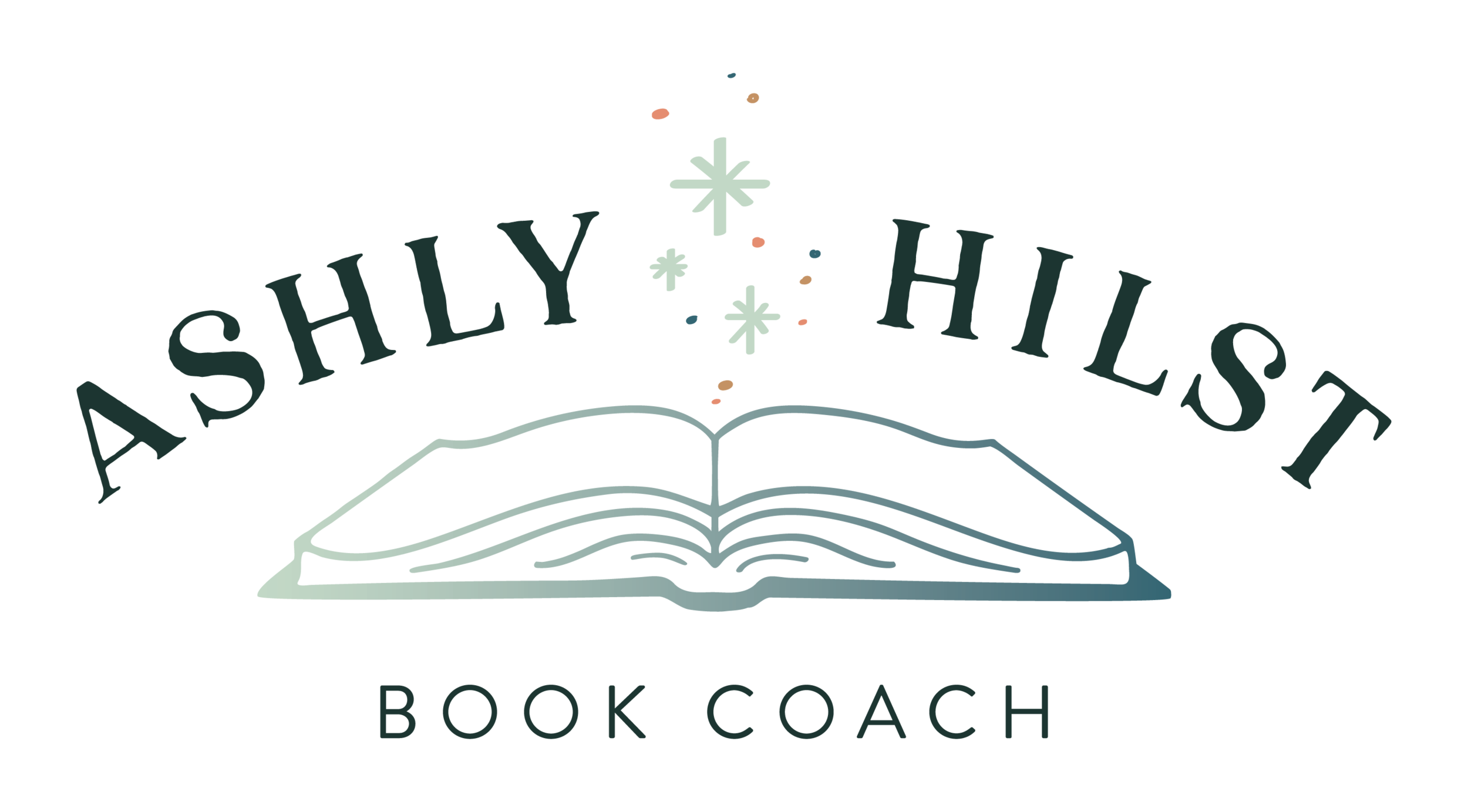What to Do When You Are Waiting to Revise Your First Draft
Stephen King gives this sage advice to writers who’ve just finished a first draft: Put it down and leave it alone. (That’s a paraphrase.)
Known as “resting a draft,” this practice is common for a few reasons. First, you’ve just made a herculean push and accomplished something wonderful. Best to stop and savor the moment while you can.
Second, and most importantly, you are all googly eyes in love with your story right now (or you hate it because it took so freaking long--one or the other). Either way, you can’t see your story clearly because you are too close to it. So you rest it - you put in a metaphorical drawer with a sticker that says “Do Not Open Until” on it.
And then suddenly, after months of counting down the days until you could just forget about this story already, it is suddenly all you can think about. At least fifty things you want to change suddenly pop into your head. You look at the days ticking by and feel like you are wasting time. Your palms are practically itching and you might have to sit on your hands to keep from taking a peek.
What are you to do with yourself, now that this story that has taken up your every free minute for months or years is now off the table?
I have a few tips for you that will help you not only pass the time during this season, but also sneak in some work on your revision without you even touching your draft.
1. Write your jacket copy.
This is an exercise that I do with Author Accelerator clients sometimes and it's always super hard and super rewarding. It sounds pretty easy--write the jacket copy for your book. Keep it under 250 words.
Then when you sit down to actually write it...it's like the hardest thing ever.
Here's why to do it: It forces you to distill your story down to its essence, to the parts that really matter. It also helps you see if you know what your story is really about.
How to do it: Be sure you include context (where/when the story takes place), your character's main struggle/conflict, and hint at the point (aka theme) of your story.
If you write yours up and want some feedback, post it in the Inklings Common Room!
2. Create a map of your story world.
I have tons of great resources for map creation on this Pinterest board. And remember--this doesn't have to be just for fantasy writers. Even if your story world takes place in the real world, you can still map out where things happen and what places are important in your story. It will give you great perspective on the scope of your story.
3. Make a list of the edits/changes you already know you want to make.
The last two weeks away from my novel have been some of the most fruitful planning weeks I've had, simply because the story is marinating and bubbling in the back of my head and I'm no longer stressing about it. But if I wait to jot down these thoughts until it's time to revise I will likely lose them forever into the black void of mom brain. So I write it down--and you should too.
If you already know the things you plan to change in your draft, make a list for yourself and keep it somewhere handy so you can add to it easily.
4. Write down the point of your story and write your log line (a short 50 word pitch for your story).
This is another exercise we do at Author Accelerator. It too is harder than it sounds and super rewarding. And it's actually super helpful to write this when I"m not allowed to be reading my manuscript, because I have to do it from memory, no note checking, no looking for my planning or rereading that one critical scene. Nope. I have to put it in new words and simmer it down as much as I can.
5. Brainstorm titles.
Because it's fun. And because I'm tired of calling it "Cora's story." But to be honest, I'm not sold on any of the titles I thought of...Maybe I will bring some ideas to the Inkling group and get a poll going! Let's all do that--start a poll for your title ideas!!
6. Start another project.
Starting another project while your first draft sits on the sidelines might seem like a distraction, but I highly recommend it because it keeps us from getting too precious with our most recent story. Once we have another idea simmering on the back stove of our minds, we are able to put less pressure on the draft we have already finished. If it doesn’t end up perfect, we know we will be okay. We will keep writing anyway.

